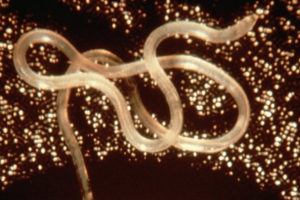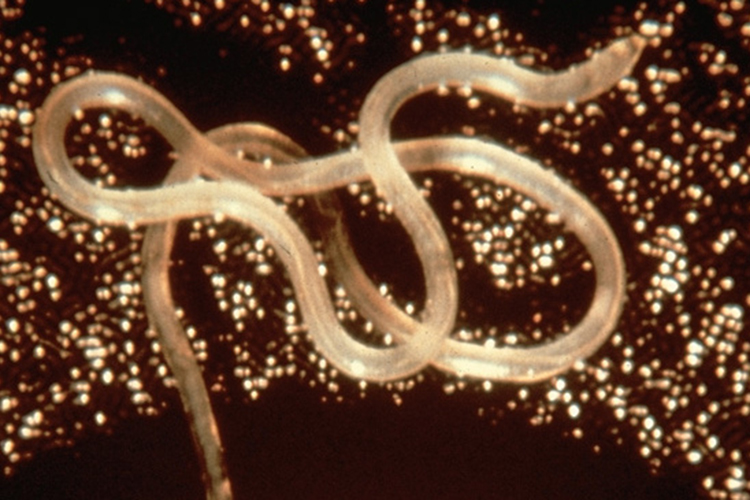 LoaScope, the latest iteration of the CellScope technology developed in the lab of Daniel Fletcher, turns the camera of a mobile device into a microscope and automatically detects and quantifies infection by parasitic worms in a drop of blood. One such parasite, Onchocerca volvulus, is endemic to Africa and can lead to blindness in infected individuals. Treatment with the drug ivermectin is complicated because co-infection by another parasitic worm, the Loa loa, can cause fatal side effects. Expanding on a successful pilot study, the LoaScope was used to analyze the blood of patients in Cameroon, enabling doctors to treat more than 15,000 people with ivermectin without serious complications. Fletcher, a faculty scientist in Biological Systems and Engineering (BSE) and chair of the UC Berkeley Department of Bioengineering, is a coauthor on the report published in the New England Journal of Medicine. Read more from UC Berkeley News.
LoaScope, the latest iteration of the CellScope technology developed in the lab of Daniel Fletcher, turns the camera of a mobile device into a microscope and automatically detects and quantifies infection by parasitic worms in a drop of blood. One such parasite, Onchocerca volvulus, is endemic to Africa and can lead to blindness in infected individuals. Treatment with the drug ivermectin is complicated because co-infection by another parasitic worm, the Loa loa, can cause fatal side effects. Expanding on a successful pilot study, the LoaScope was used to analyze the blood of patients in Cameroon, enabling doctors to treat more than 15,000 people with ivermectin without serious complications. Fletcher, a faculty scientist in Biological Systems and Engineering (BSE) and chair of the UC Berkeley Department of Bioengineering, is a coauthor on the report published in the New England Journal of Medicine. Read more from UC Berkeley News.




